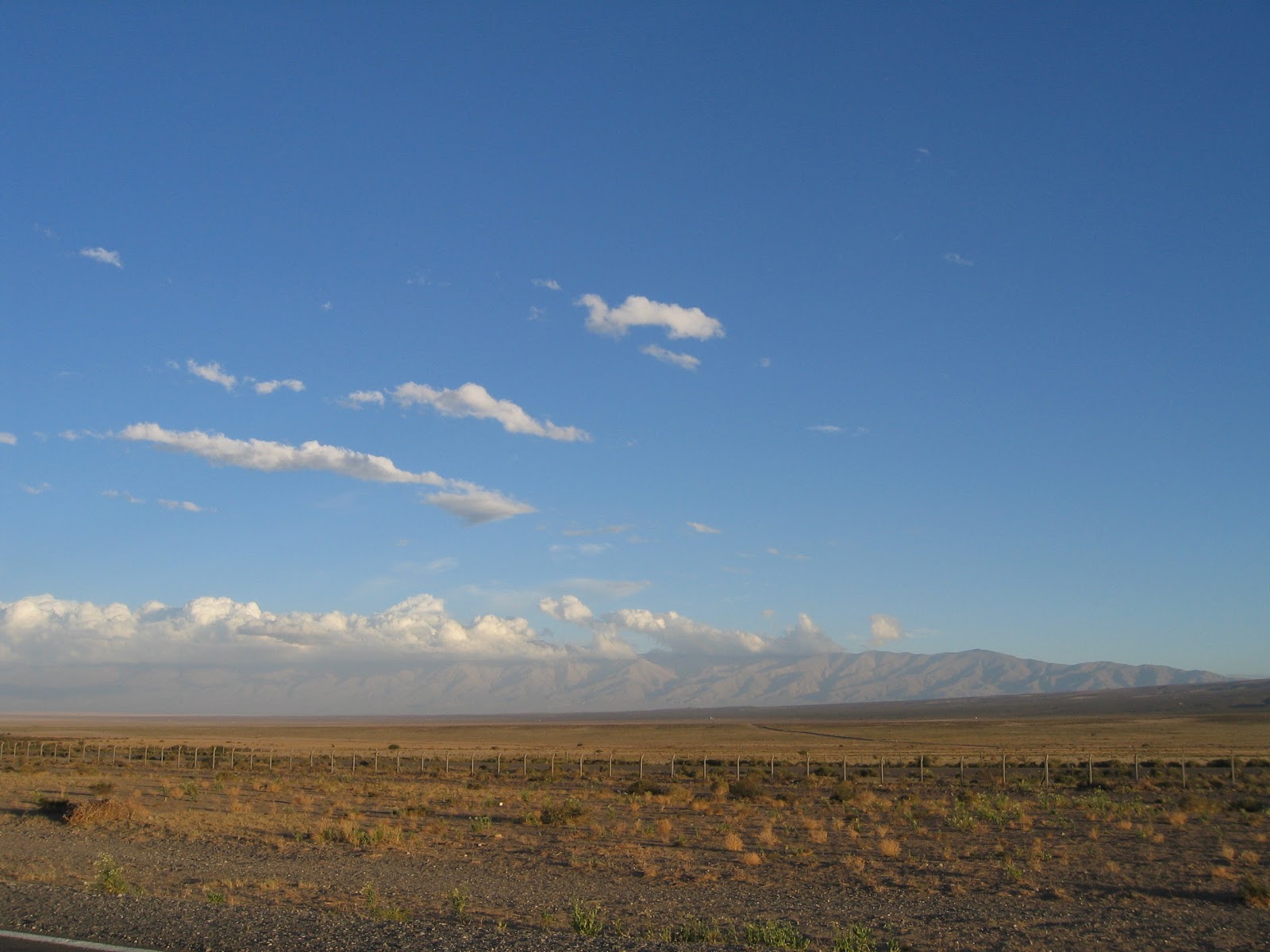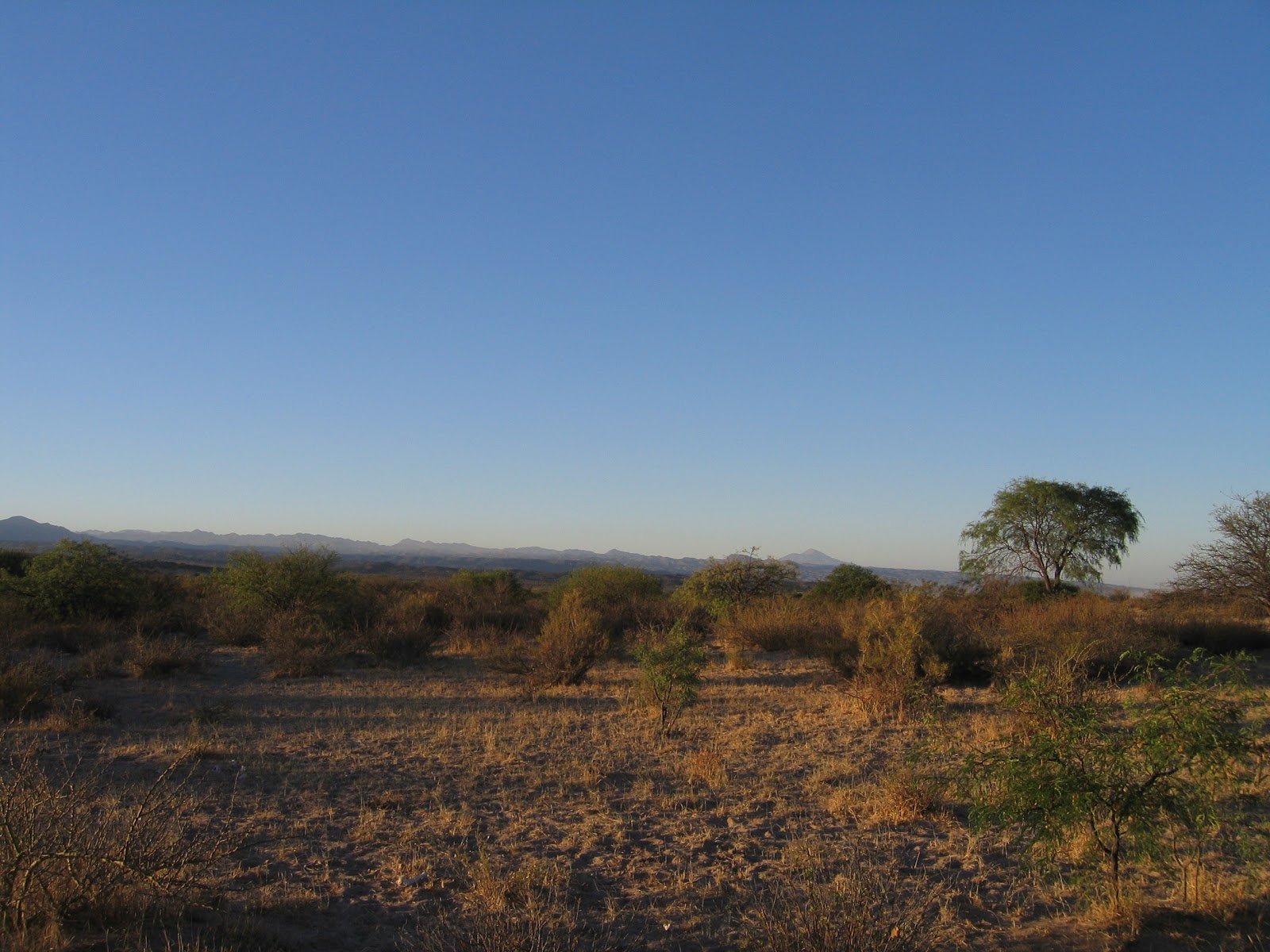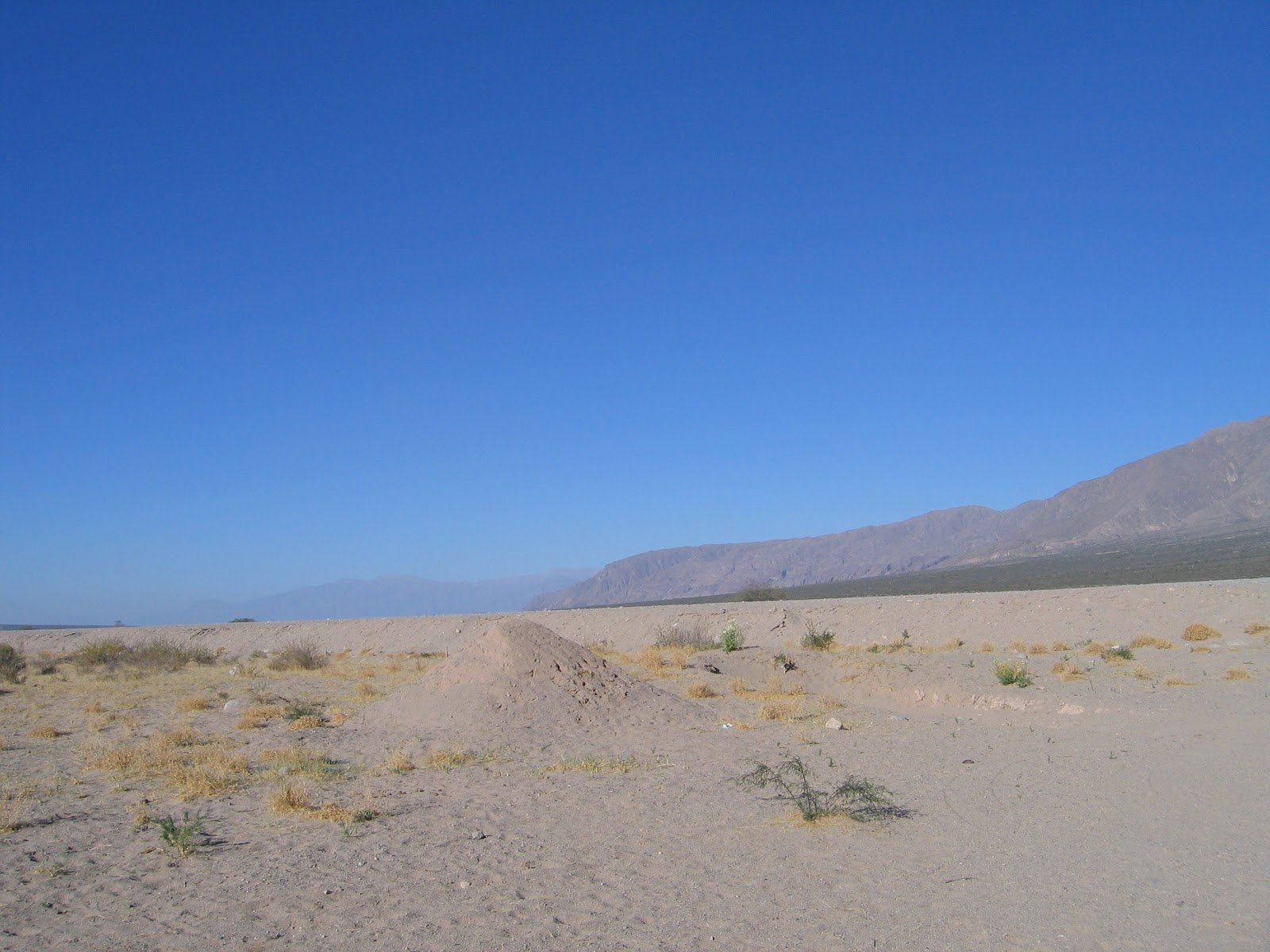What is a
man asking you when he asks for money? Is he asking for directions? Is he
asking for food? Is he asking to be your friend? Does he want to learn
something from you? Does he want to take something from you? Does he want to
kill you?
I rode
through very tough wind on Wednesday. I can’t say if it was the toughest wind I
have encountered. I have ridden much. In France,
on the border with Spain
on the coast, I was knocked sideways and thought, at that moment, wind could
not be more brutal. Then in California
I encountered tough climbing, and later I would understand there was a read hub
problem. When I reached the coast of Oregon
I encountered tough climbing and deafening headwinds. Yesterday’s headwinds
slowed the ride to 10km per hour. At 8 p.m. the ripio became very loose and
unmanageable. It would have been fine mountain bike riding in the sunlight, but
in the dark, with the camiones tearing through the night, I had to accept my
two bottles of water and camp for the night. The closest and easiest departure
to the desert was the entrance to an abandoned home that still showed many
signs of life. I felt bad to invade a man’s territory yet I needed water and
could trade food and stories should the owner appear. I looked over his adobe
home and thought of Ricardo in Florianpolis, yet Ricardo’s home was in the
jungle and was in proximity to nothing. His windows and doors were locked. To
break in and leave money was one possibility. But in the desert, there is
nothing. There are wild mules. There is wind. There is the sun in the morning
and the afternoon and the evening. At night the wind grows still and it grows
cold and the stars shine as if a secret is suddenly free and available.
I ate a
can of sardines, a packet of mayonnaise because the combination offered a good
amount of calories and a low amount of sodium. I still had 30 km to ride in the
morning to the next source of water and did not want to eat too much salt for
dinner. I walked stark naked to the 1/10 barrel of water and dipped the rag
into the water and gave myself a small bath in the pitch dark of the desert and
in the slight wind of the night. Wild mules huffed and puffed in disapproval of
my presence. I awoke at 6:30 in the morning and could not find toilet paper. I
found an old plastic part of a diaper and a cigarette pack to use instead.
The
morning I would ride in loose rippio for 40 km. Once you ride in rippio and
surf from shore to shore, looking for pockets of firmness, you long for it upon
the arrival of asphalt. Why? It is primitive. When a man speaks of the pain of
rippio, he speaks of the pain of originary travel. There is a line and a route
but it is not friendly to a bicycle. The horses ride on and ride off far from
the rippio. The goats, wild horses, wild mules, and cows think nothing of the
rippio. The wind deafens the ears of a man on a bike and the sand and the rock
further break his will. But if he does not need kilometers, he can camp when the
sun goes down and his body grows exhausted.
The
rippio is a great barrier to entry, and combined with the wind would discourage
most humans to ride a bicycle across the territory. I did not think I would hit
rippio until Patagonia. I did not think I would
hit hard wind until Patagonia. But when I hit
hard wind and deep sand, I realized I had already ridden hard in my life
earlier. I rode hard headwinds of Texas.
I rode steep hills of Indiana.
I rode in Paraguay
in 35 degrees and no shade. The great men who have conquered Patagonia
must be speaking of days upon days of wind, rocks, climbing, sun, rain, and
desolation. They say they ride 8km per hour and hope they do not die. These men
must be speaking of a ride harder than what I had experienced.
When the
sun went down 18 km outside of Los Nacimientos I realized there was no failure
on this journey. I either had enough food and water to sleep for the night, or
I did not. If I fell short, I was a poor explorer. If I had enough and could
figure things out, I was a good explorer. This was not a matter of guidebooks
but a matter of survival. I didn’t care about photos. I didn’t care about cost.
What does this cost? What does this cost? Jesus Christ man, there is no cost to
this. A rich man and a poor man see eye to eye here. The cost is life or death.
Do you have water? Do you have water? This is all I cared about. Your money,
your means, not relevant.
At night
the stars shone in the desert. I pulled closed the windows of my tent to
distract the wild mules who had expressed their displeasure to my inhabitance.
When I finished eating, I drew the windows open and gazed at the stars. In the
desert, there are no impediments to their brilliance.
I awoke
at 6:30 and made myself a small bit of coffee in my water bottle and studied my
maps. I had 18km of rippio until Los Nacimientos and then another 14km of rippio
until Hualfin, a good bet on water. The ride began with deep gravel and sand. I
would ride to the right for purchase, then find deep gravel and sand. I would
then ride to the left for purchase of land, then find deep gravel and sand. I
would then ride in the middle of the road for purchase of land, but the
washboard would be too strong. I would then ride to the left or to the right of
the road. Two hours into the ride I would reach Los Nacimientos. I asked for aqua
mineral, but the woman said she had no large bottles, only carbonated bottles.
I told her that anything potable would be to my preference. I filled my bottled
with the cold, carbonated water and took a chair from the tienda and brought it
to the side of the building where there was shade. Dogs began to bark at me yet
as I ate corn flakes, peanuts, dried fruit, and drank coffee from my water
bottled the dogs ceased their barking and one large black canine came to my
attention and commenced begging.
A young
man came to greet me and we exchanged pleasantries. He understood his pueblo
relative to the surrounding cities but was firm and unapologetic (I would not
be in your town if it wasn’t worth my time—it was worth my time in a way I
cannot repay). I finished my second dose of coffee for the morning and
continued to ride in deep, rocky gravel. Canyons came and went and the
difficulty of the road was surpassed by the beauty of the river and the canyons
and the mountains and the color and age of the Andes.
Eventually
the deep gravel of the rippio subsided and pavement began and as the pavement
began the wind began to blow at the face my riding. To the West the mountains
were red and revealed deep cuts from ancient rivers, to the East the mountains
were grey and subdued.
I reached
Hualfin and bought tomatoes, apples, bananas, water, and milk. I found a
plastic chair and pulled it close to a table in the shade and feasted on new
source of food. A boy asked me for milk and bananas as I ate and I told him how
I had been riding and would need my food for the ride ahead. I gave the boy
nothing and continued on riding in the steep gravel of the rippio.
Eventually
the deep sand and gravel of the rippio subsided and the pavement began. I ate
dried fruit and crackers under the shade of a tree and then continued into a
strong headwind. It was not as difficult as Wednesday’s wind, as I could ride
in the middle chain ring. New canyons appeared in green and brown and red and
sharply relieved themselves of gravity and ignored the relevance of my ride, of
the roads of humans, of modern relevance. Soon a winding mountain road appeared
and I felt at home. This looked like Colorado,
with red winding mountain faces and river beds and ascents and descents I
suddenly understood. The difficulty in riding is in its unfamiliarity. Yet when
I knew there was thirty kilometers of climbing until Belen, I knew I could
attack. In the headwind I challenged myself to break my 5km running time of
15:57—I clocked 5km in 15:15 and knew I could have the strength to make it to
Belen despite the pain I felt in the saddle.
Belen
ended in a dry river bed in warm 40 degree centigrade sun. I found an inn and
realized I would be spoiling myself with the showers, bed, and roof. As I
cleaned my drive train, a man of 77 years smoked a pipe, a native of Buenos Aires, who had spent most of his life in Cordoba, told me of his
climbs of 7000 meter peaks in the 70s. He told me of his want explore Africa and his disdain for large cities. We concurred
that large cities drew parasites of humanity and were thus to be avoided. As we
spoke the woman of the inn burned wood in an adobe stove. I asked her what she
was cooking—bread, asado, perhaps? She was burning wood for hot water, she
said. I imagined the heat of today—40 centigrade, and thought room temperature
water would suffice. The old man said it made sense, and his campgrounds did
the same. I then wandered night in the streets of Belen and ate grilled sausage
and drank local wine. As I studied the map later, I knew there would be no
comfort, no easy riding until Mendoza.

























































.JPG)















